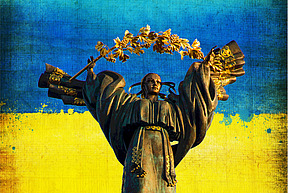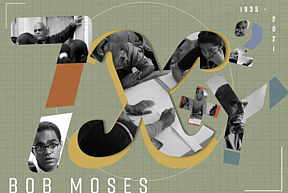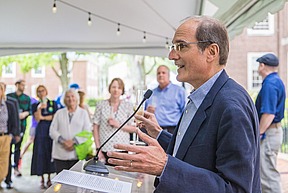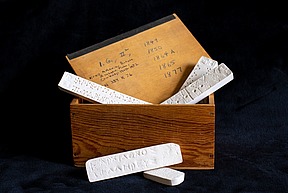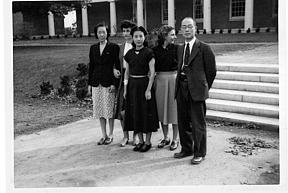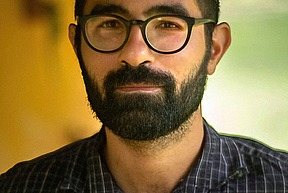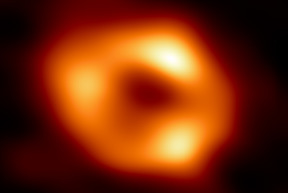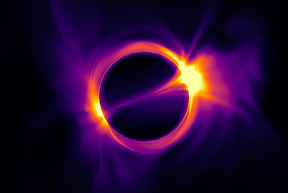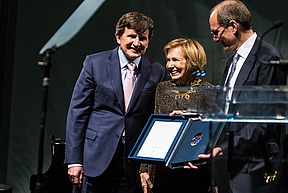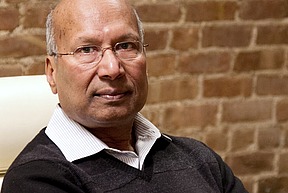The Institute Letter Spring 2022
Explore the legacy of civil rights activist and educator Bob Moses from the perspective of Distinguished Visiting Professor Karen Uhlenbeck; read about the current struggle of Ukrainians and its ties to the past; and take a tour of the Institute’s intellectual heritage with IAS Director and Leon Levy Professor David Nirenberg. Discover the exciting work of IAS scholars—like the proof of the Kahn-Kalai Conjecture, the observation of a new state of matter, the first image of our galaxy’s black hole, and recent publications by Faculty and Members. Also included are articles about the new professorships established at IAS and interviews with Rosanna Dent, Member in the School of Historical Studies; John Urschel, Member in the School of Mathematics; and Fernando Brancoli, Fellow in the Summer Program in Social Science.
Click here to view the PDF.
